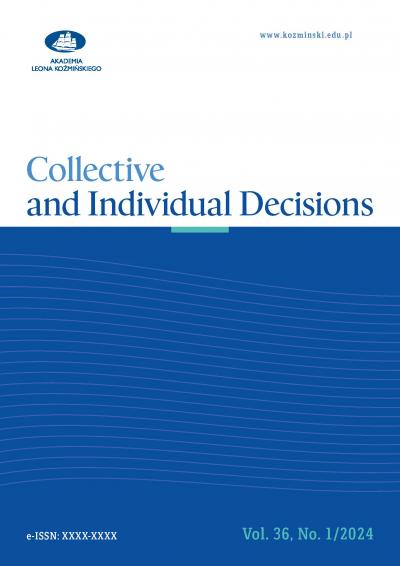Mancur Olson and the tragedy of the unbalanced commons
Richard Zeckhauser
Harvard Kennedy School
12/2014 (24) Decyzje
DOI 10.7206/DEC.1733-0092.67








